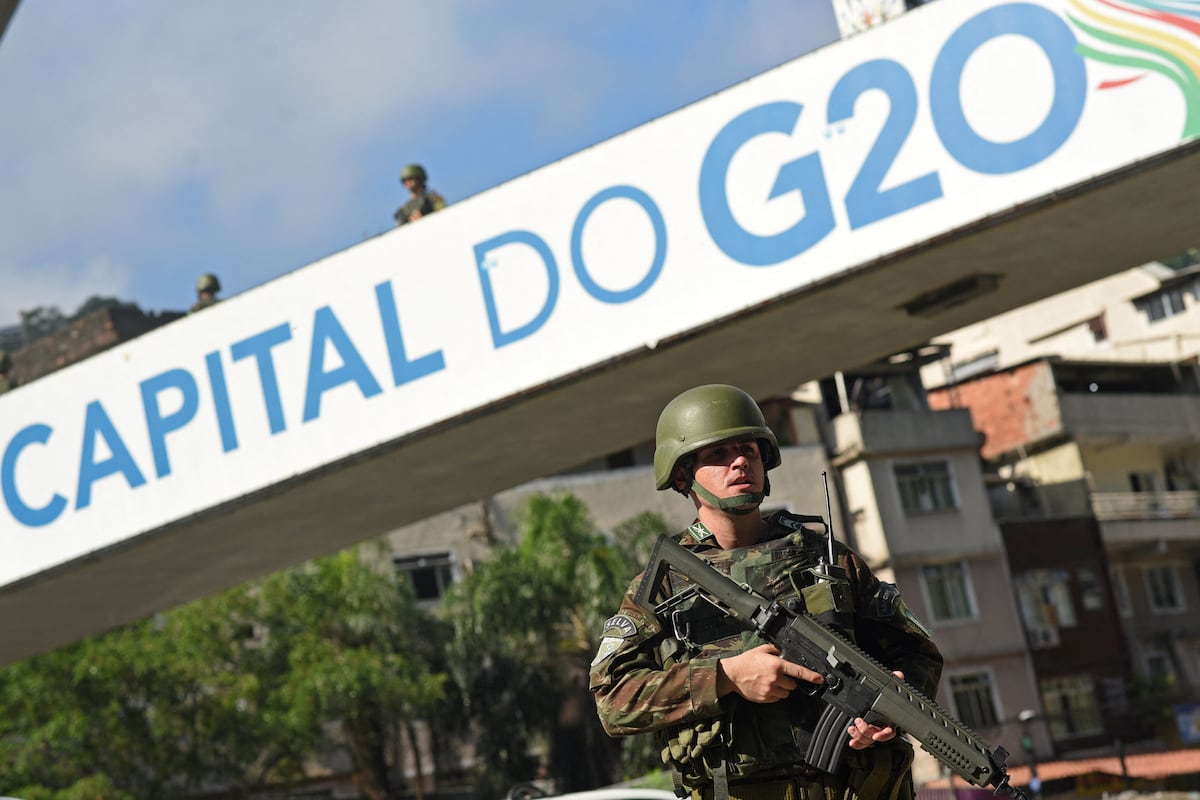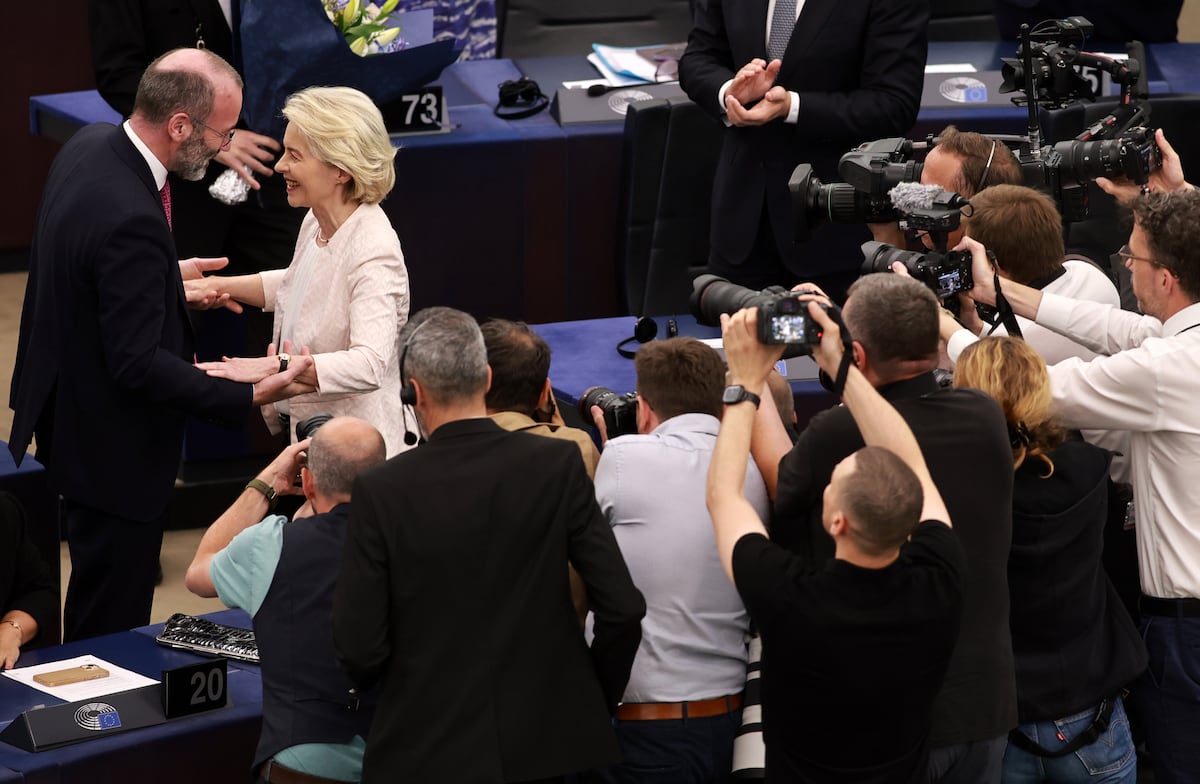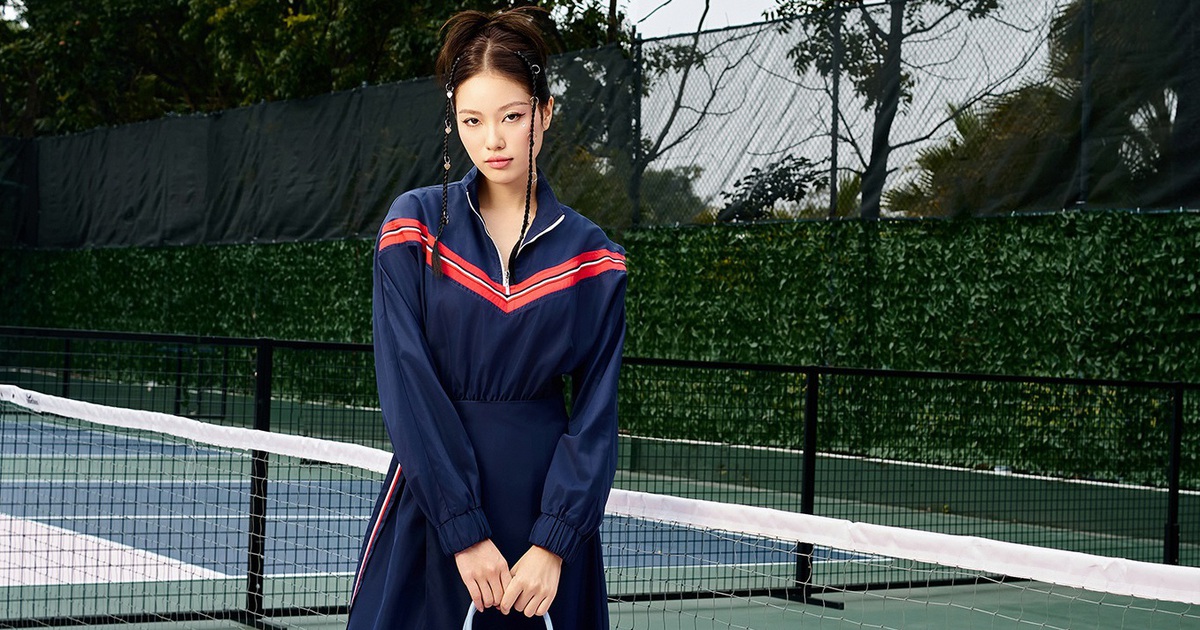Cristina Kirchner is back. It is not that he had left completely, but now he has decided to take, for the first time in his long political history, the leadership of the Justicialist Party, the legal form of Peronism. Kirchner formally assumed the presidency of the movement founded by Juan Domingo Perón this Sunday, November 17, with an event for Peronist Militancy Day in Santiago del Estero (north). He promised to “organize it” after the electoral setback he suffered last year against the far-right Javier Milei. Ultimately, it is about opposing a Government that today advances with flamethrowers on scorched earth. Kirchner’s leadership, however, no longer has the support of yesteryear, when her word, and before that of her husband, former president Néstor Kirchner, had no counterweights. Today they dispute his leadership from inside Argentina, where “non-Kirchnerist” Peronists abound. In the province of Buenos Aires, the largest and richest in the country, the governor, Axel Kicillof, his “political son” and main bet of a sector of the party that seeks a renewal, is also trying to show his head.
Kirchner’s judicial problems do not help to strengthen the leadership he claims. In December 2022, when she was Alberto Fernández’s vice president, a federal court sentenced her to six years in prison in a corruption case. From his office in the Senate, where he heard the ruling, Kirchner proclaimed his innocence and considered himself a victim of lawfereas the political use of the judicial system to persecute opponents is called. But that was not all: when no one expected it, she announced that she would not be a candidate “for anything” in the 2023 general elections and urged her acolytes to undertake the construction of new leadership in Peronism. The Government of Alberto Fernández, a political experiment born in the head of the former president, was already sinking into discredit and anticipated what would be the worst defeat for Peronism in its almost 80-year history. The pain was maximum because the person responsible was a bizarre character born through insults on television variety shows. Peronism, forged in the heat of great political battles, lost to an upstart without parchments.
With Milei in power, Peronism fractured. The factions are multiple: provincial governors in need of federal money to survive, hard-line unionists or “dialogueists”; leaders of center-right Peronism who always detested the “leftist” drift of Kirchnerism; those who, despite everything, are loyal to the former president.
If the party intends to stop Milei in the legislative elections of 2025 and have a chance in the presidential elections of 2027, it must first resolve the problems at home. Those around Kirchner consider that only she can successfully resolve this atomization, a natural consequence, they say, of the 2023 electoral result. “When there is a national defeat there are internal discussions and dispersions. Cristina aims to unify Peronism to have a more armed electoral front in 2025 and 2027 than it is today. No more, no less, and always through democratic means,” says a leader very close to the former president. That is why he has decided to return to the ring. Kirchner is not seeking positions, she assures, because “she has been president twice” and, therefore, “the desire in electoral terms is not on her map of priorities.”
This week, an appeals court ratified the sentence that Kirchner received in 2022. The only thing left is the Supreme Court to appeal the decision and avoid six years of house arrest, a benefit granted to those over 70 years of age. But what worries the former president most is that the ruling adds to the prison sentence a lifetime disqualification from holding public office. She insists that this is “a proscription”, similar to what Luiz Inácio Lula da Silva suffered or still suffer in Brazil, Evo Morales in Bolivia or Rafael Correa in Ecuador. Despite the accumulation of problems, the hardest voter does not abandon Kirchner. “In terms of public opinion, he did not avoid the wear and tear that the Frente de Todos Government entailed, both for having selected Alberto Fernández and for the way in which that Government was developed,” says Juan Courel, political consultant and advisor in the campaign of Fernández and Daniel Scioli. “But despite that, today he is the most important figure of Peronism. And since Peronism is opposition, it is then the main reference of the opposition,” he explains. Kirchner retains the fervor of between a third and a quarter of the electorate, although he also reaps record levels of disapproval. “She is also a political animal, it is her essence, and political animals do not retire,” warns Courel.
Kirchner intends to shape under his tutelage a Peronism that can confront the “cultural war” that Milei raises. The president has chosen her as his enemy to defeat, in a dialectical game that some of his predecessors have already used, such as Mauricio Macri (2015-2019). As the incarnation of all national evils, Milei places Kirchnerism on the team of “the caste”, the “shitty lefties” that he intends to destroy with the help of “the forces of heaven.” Kirchner faces an enormous challenge, because not everyone agrees with her being the helmsman of the reconstruction. The governor of the province of La Rioja, Ricardo Quintela, tried unsuccessfully to challenge him for the presidency of Peronism. Defeated, he warned this week that the party will finally unite, but “not behind her [Kirchner]but against the current President.”
In this scenario of fragmentation, Governor Axel Kicillof stands out, at least today the most “presidential” of Peronism. “Some imagined that his leadership could be accompanied by a political retirement for Cristina,” says Courel. “But that was because they saw him as an heir, not a rival. Axel’s centrality is because Cristina seemed to indicate that by not wanting or being able to be a candidate, he was the natural heir. Kicillof is the only political actor who managed to build a leadership without antagonizing Néstor or Cristina,” he adds. The situation became tense, however, when Kirchner decided to retain the presidency of the party. “The discussion arose because many men and women of Peronism expressed themselves in favor of Cristina and the only one who did not do so was Axel,” explains the Kirchnerist leader. “But it is an issue that has already happened,” he says, “and the future will find us united.” It remains to be seen if the future of Peronism will be in Kirchner, Kicillof or some other Peronist governor.
Subscribe here to the newsletterTHE COUNTRY America and receive all the key information on current events in the region






